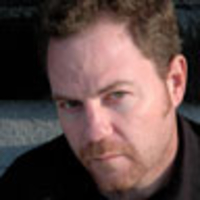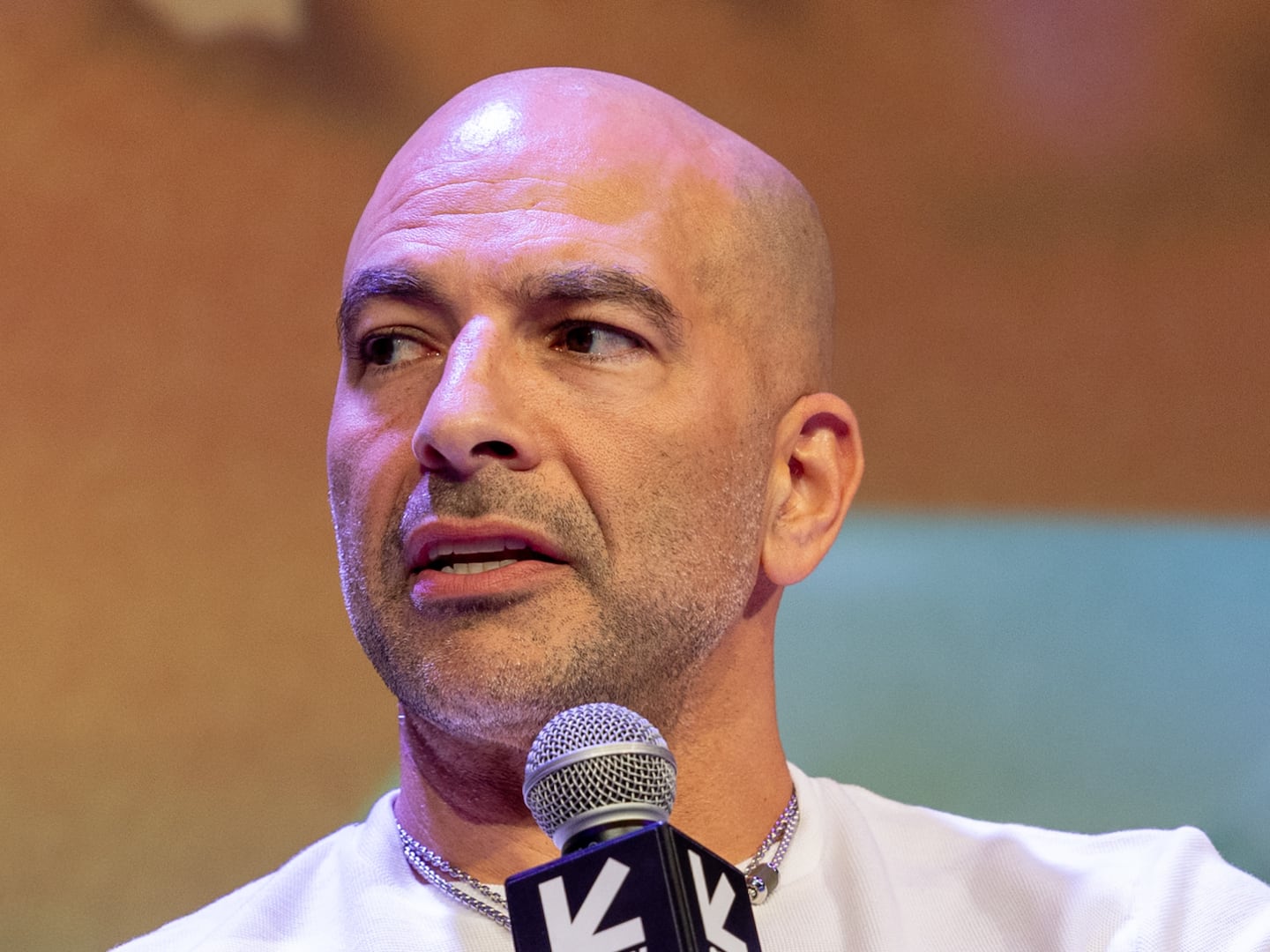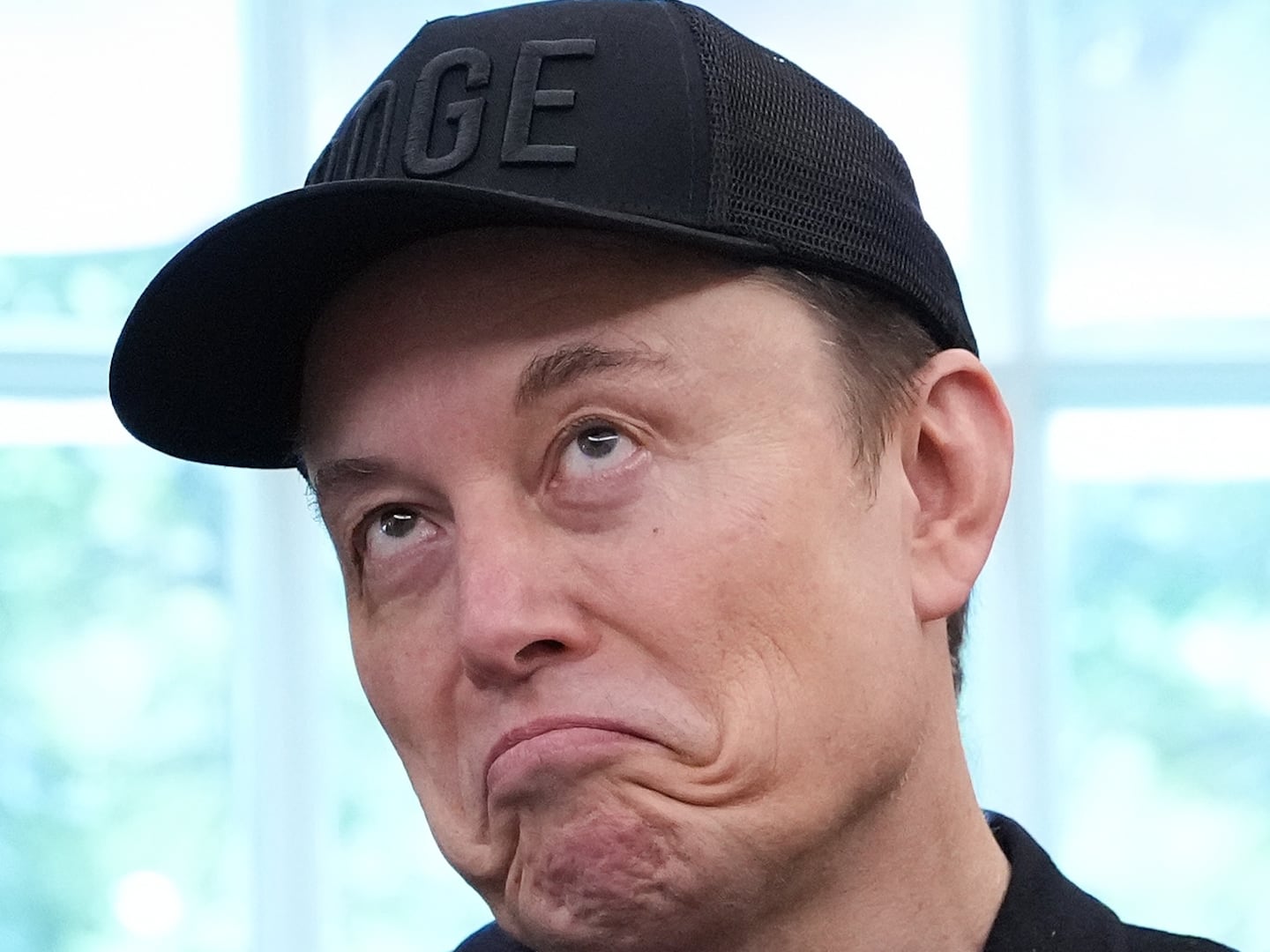
Should President Barack Obama continue his escalation of the wars in Afghanistan and Pakistan, it will be the liberal thing to do.
What too few Americans realize—especially the president’s anti-war supporters, who accuse him of betraying liberal or "progressive" values—is that if he accedes to General Stanley McChrystal's request for more troops in Afghanistan and intensifies the drone attacks in Pakistan, he will follow squarely in the footsteps of the great liberal statesmen he has cited as his role models. Though opponents of the wars in Iraq and Afghanistan cheered loudly when Obama spoke reverentially in his campaign speeches of Theodore Roosevelt, Woodrow Wilson, Franklin Roosevelt, Harry Truman, and John F. Kennedy, those heroes of the president promoted and oversaw U.S. involvement in wars that killed, by great magnitudes, more Americans and foreign civilians than all the modern Republican military operations combined.
Though liberals are routinely chastised for their “secular relativism,” as Bill O’Reilly puts it, American statesmen who waged the largest wars were driven by the Christian doctrine of “good works,” often enunciated in Obama’s speeches as the duty to be “our brother’s keeper.”
What should be even more troubling to those who call themselves progressives but oppose the current wars: Obama's motivations for pursuing them are rooted in the central tenet of progressivism, enunciated by his idols, that the American national government is responsible for the reform and uplift of those "we" deem to be living below "our" standards, and that "they" must be protected from their oppressors. Obama's role models followed the logic of that moral calling to the ends of the earth.
And though liberals are routinely chastised for their "secular relativism," as Bill O'Reilly puts it, liberal statesmen who waged the largest wars were driven by the Christian doctrine of "good works," often enunciated in Obama's speeches as the duty to be "our brother's keeper." Whereas the traditional conservative notion of Christian communal obligation is limited to one’s family or nation, Obama’s political ancestors extended it to the world.
Both Theodore Roosevelt and Woodrow Wilson declared that God had given American leaders—"Christ's Army," according to Wilson—the divine duty to "improve" the backward peoples of America and the world. Roosevelt and Wilson used that rationale to establish modern progressivism and American imperialism, both of which were part of what Roosevelt called "the long struggle for the uplift of humanity." They argued that greater government intervention, through social welfare and regulatory programs at home and military incursions abroad, would remake American slums and all the countries of the world into the Puritan ideal of a "city on a hill."
To fulfill this mission, Roosevelt championed many social-welfare measures, including pure-food and worker-safety regulations, but he also pushed the United States to attack Spain and occupy Cuba and the Philippines—the so-called Spanish-American War, which historians characterize as America's "first imperial war.” The assault and subsequent occupations resulted in the deaths of more than 10,000 Cubans, several hundred thousand Filipino civilians, and 4,541 American soldiers.
Wilson believed that to "Christianize the world" required the radical expansion of government power. Along with fellow progressives in Congress, Wilson established three classic progressive institutions: the Federal Trade Commission, the Federal Reserve Board, and the federal income tax. But Wilson's self-appointed obligation to rescue and “redeem” all the world's people compelled him, beginning in 1916, to push the country toward intervention in Europe with what many historians call a "missionary zeal." The United States, he said, "must assume the messianic mantle" and had "the right and duty to intervene whenever and wherever" its leaders thought necessary. Some 116,000 U.S. servicemen were killed and more than 200,000 wounded in World War I, which ended in a virtual stalemate.
Franklin Delano Roosevelt was the next president to take up the liberal mission. According to Robert Dallek's award-winning biography, the origin of FDR's commitment to social-welfare programs and international interventionism was "the Christian gentleman's ideal of service to the less fortunate: the conviction that privileged Americans should take a part in relieving national and international ills."
Long before the attack on Pearl Harbor, Roosevelt urged intervention against Japan's expansion in the Pacific. And there is considerable evidence and substantial agreement among scholars that Roosevelt did everything in his power to force Japan into a conflict with the United States. Though Japan wished to avoid confrontation with its principal trading partner, in 1937 Roosevelt suggested that military action was needed to “quarantine the aggressor.” And beginning in 1940, he imposed a series of embargoes on the island nation, which was almost entirely dependent on U.S. imports for its industrial production. After Pearl Harbor, Roosevelt promised both victory against Japan and "the establishment of an international order in which the spirit of Christ shall rule the hearts of men and nations."
Roosevelt's successor, Harry Truman, whose Baptist evangelical upbringing informed his pledge “to win the world back to peace and Christianity,” made immense incursions across the globe. Truman rejected the doctrine of defensive "containment" of the Soviets in favor of a "rollback" policy, elaborated by the CIA in 1950, to aggressively" foster a world environment in which the American system can survive and flourish." In September 1950, Truman turned the Korean War into an all-out offensive mission by launching a military assault that pushed North Korean communists deep into their own territory. A large portion of the 37,000 American casualties in the war came during the offensive.
John F. Kennedy devoted his political career to realizing America's "mission" to seize "direct control of world destiny." He campaigned for the presidency in 1960 on the charges that Eisenhower had left the poor to languish and allowed Communists to continue their subjugation of the world’s innocents. In his inaugural address, Kennedy vowed to uplift "those people in the huts and villages of half the globe struggling to break the bonds of mass misery."
To heed his calling for humankind meant making U.S. intervention in Vietnam into a war. Kennedy increased the number of U.S. military personnel there from a few hundred when he took office to 15,000 by the time he was assassinated, and shipped massive amounts of military equipment to the Vietnamese war zone.
During the 2008 campaign, Obama mentioned Lyndon Baines Johnson only once and only in passing. Perhaps this was because Johnson's continued escalation of both the Vietnam War—which resulted in the deaths of more than 58,000 Americans and an estimated 3 million Vietnamese soldiers and civilians—and programs to help the poor caused the left to oppose aggressive foreign policies and the right to turn militantly against social-welfare initiatives. This halted, for three decades, the grand liberal project of the 20th century.
The trinity of evangelism, large government intervention, and global transformative aspirations was revived, ironically, in the Republican administration of George W. Bush. It is well-documented that the so-called neoconservatives in and around the Bush administration identify with the very same presidents Obama admires. Indeed, their No Child Left Behind program mandating standardized testing in public schools, use of enhanced executive powers, and "regime-change" foreign policy were anathema to traditional, "paleo" conservatives.
During his campaign, Obama echoed neoconservatives and channeled his Democratic role models by declaring that the United States "must lead the world, by deed and by example." Thus far the president and his cabinet have pledged to expand and further centralize No Child Left Behind and initiate New Deal-style public works projects, refused to reduce the new powers of the presidency, expanded the military, and called for "state-building" and interventions on behalf of "victims" in Somalia, Congo, Zimbabwe, Sudan, Burma, Pakistan, and, most immediately, in Afghanistan.
Those who call themselves liberals or progressives but are reluctant to project American military force are now confronted with the question of whether they wish to continue the renewal of the project that Obama champions.
Thaddeus Russell has taught history, philosophy, and American Studies at Columbia University, Barnard College, Eugene Lang College, and the New School for Social Research. He is the author of Jimmy Hoffa and the Remaking of the American Working Class (Knopf, 2001) and the forthcoming A Renegade History of the United States (Free Press/Simon & Schuster, 2010).






